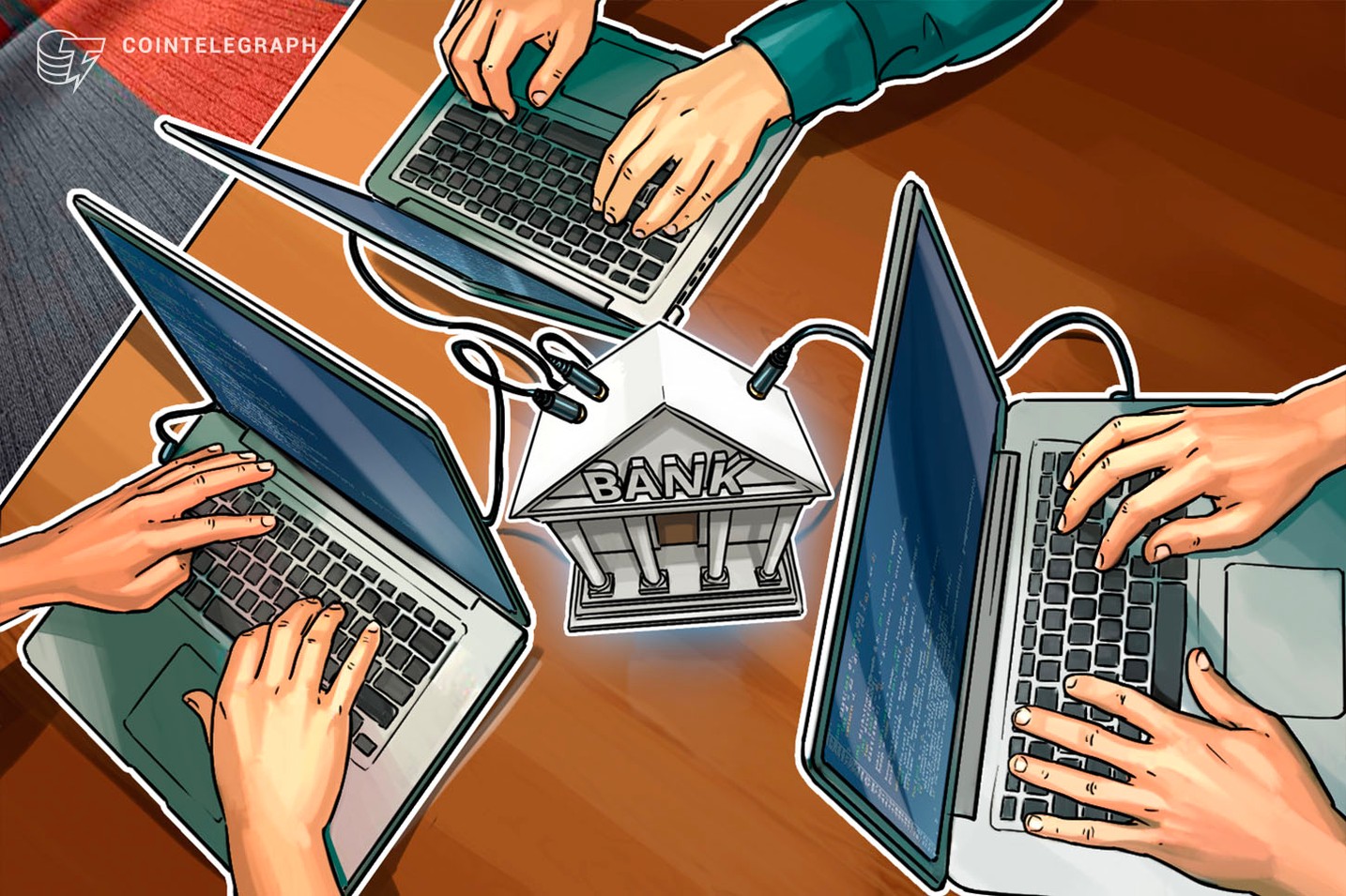British investment bank Barclays is sponsoring a hackathon to find the best blockchain solution to increase the efficiency of derivatives contracts processing, according to an announcement published August 9. Barclays is partnering with other market majors like Deloitte, the International Swaps and Derivatives Association (ISDA) and Thomson Reuters for the event.
At the two-day DerivHack hackathon, participants will be given an opportunity to implement their ideas and apply the ISDA Common Domain Model (CDM) to distributed ledger technology. The final goal of the event is to find solutions to use cases in post-trade processing of derivatives contracts.
The ISDA CDM provides a standard digital representation of events and processes which may happen in the course of a derivatives trade, presented in a machine-readable format. The product is designed to enhance consistency and aid interoperability across firms and platforms.
Per the announcement, Barclays will lay down challenging use cases to simulate the derivatives market, like an overhaul of derivatives post-trade processing, step-change in efficiency gains, as well as provide sample trade data in the ISDA CDM to implement them.
Earlier this year, there were rumors that Barclays was reviewing the possibility of opening a cryptocurrencies trading desk. An anonymous source reportedly said that the bank was assessing whether client interest was sufficient to offer crypto trading services. Later, Barclays’ CEO Jes Staley refuted the rumors, saying:
“Cryptocurrency is a real challenge for us because, on the one hand, there is the innovative side of it and wanting to stay in the forefront of technology’s improvement in finance… On the other side of it, there is the possibility of cryptocurrencies being used for activities that the bank wants to have no part of.”
In July, Barclays filed two patent applications relating to the transfer of digital currency and blockchain data storage, both published by the U.S. Patent and Trademark Office. The first patent describes a system of transferring digital currency from payer to recipient that would securely authenticate the identities of both, as well as validate and record transactions. The other relates to storing and endorsing data and claims relating to specific entities.
